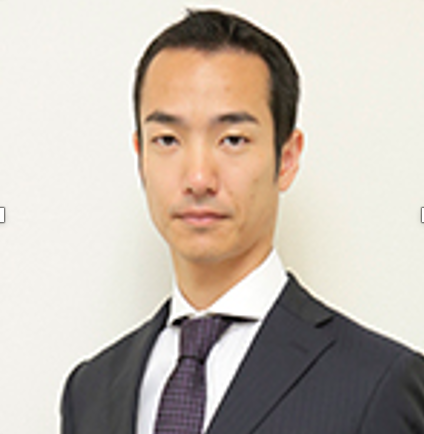Date, Time & Venue
- 16:00-17:00, 26th June 2020
- Venue: Online (Zoom)
Speaker

Dr. Yosuke Togashi
Cancer Immunotherapy, Innovation & Global Partnerships
China Cancer Centre Research Istitute
Abstract
Recent success of cancer immunotherapy, particularly PD-1 blockade, makes it a key strategy for cancer treatment, and a lot of clinical trials are under investigation. The efficacy, however, is not satisfied yet. In my laboratory, variable immune cells both in tumors and in the periphery are being investigated. Since heterogeneity of immune cells makes it difficult to understand the essence of antitumor immunity, single cell analyses such as flowcytometry, CyTOF, and single cell sequencing are required. Tumor microenvironment of patients treated with PD-1 blockade were analyzed using these technologies, leading to identification of predictive biomarkers and resistant mechanisms. Using single cell sequencing, we can analyze both gene expression and T-cell receptor sequence at the same time, by which tumor-specific T cell clones with their phenotypes could be speculated.
We have already confirmed actual tumor-specificity in vitro. This analysis can help us to identify biomarkers, novel T cell populations, and novel therapeutic targets. In addition, these findings can lead to personalized T cell therapy. We also found that immune responses exhibited marked changes in the tumor microenvironment during treatment courses of anti-cancer reagents. Unexpectedly, a reagent significantly reduced FOXP3+CD4+ regulatory T cells and augment CD8+ T cell responses. From these data, we have launched several investigator-initiated trials combined with PD-1 blockade in the collaboration with industries. Based on these analyses, here we aim at establishing the next
precision medicine including immune responses.
